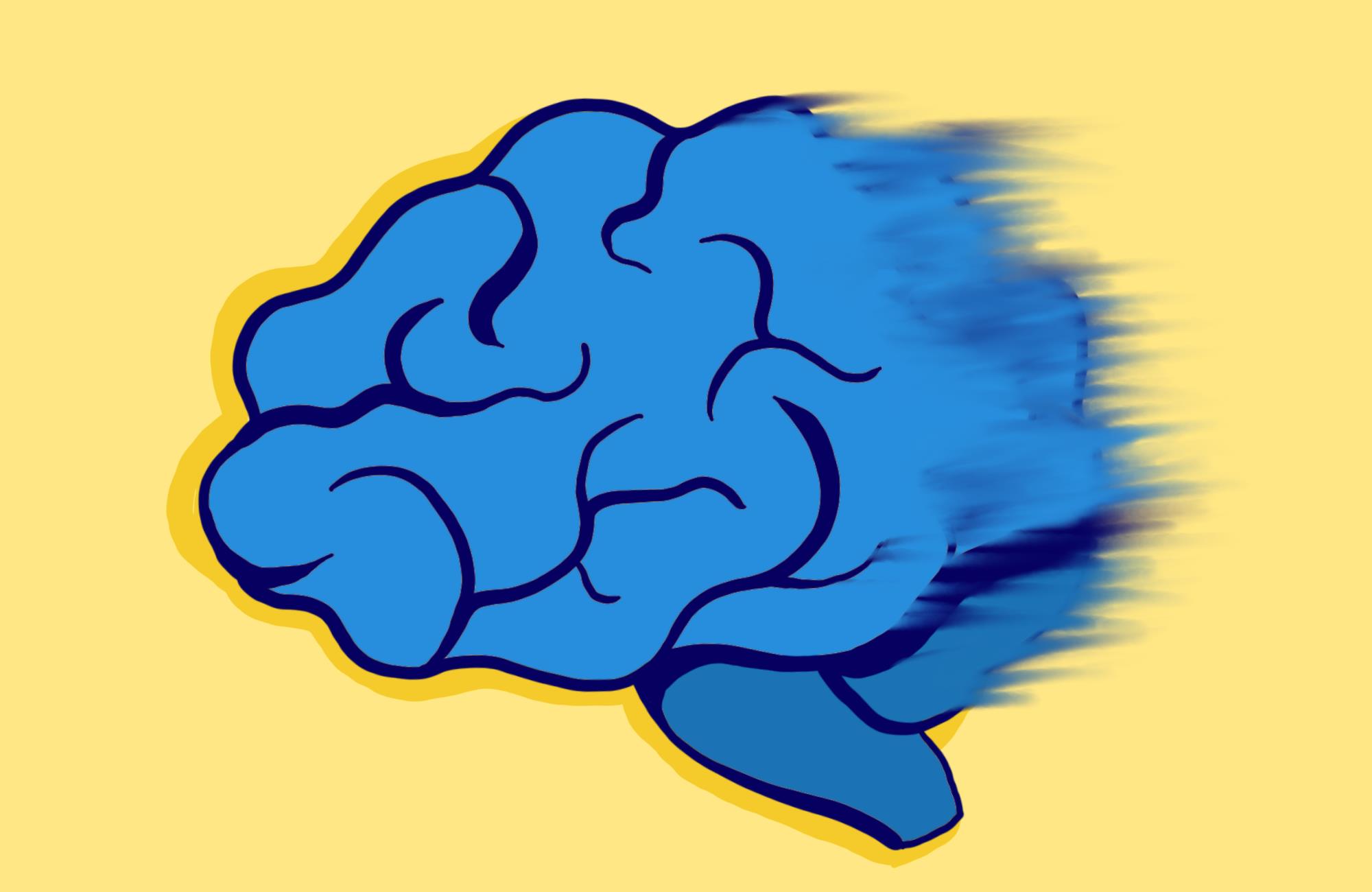Researchers from Lithuania have leveraged the power of artificial intelligence (AI) to forecast the risk of Alzheimer’s with an accuracy rate nearing 100 per cent.
The Kaunas University of Technology took an interesting approach in attempting to locate early markers of Alzheimer’s. The researchers developed the AI to serve the purpose of assessing brain scans of older adults, where an algorithm then sifts through the data at hand and identifies subtle changes in the scans that are typically seen pre-diagnosis.
The significance behind this technology relates to a pre-dementia stage known as MCI, or mild cognitive impairment. MCI has been observed among neuroscientists to be an intermediate stage between the natural cognitive decline that we typically see in Alzheimer’s disease, as well as when people age.
MCI can be tricky to capture because it usually exhibits no noticeable symptoms. However, it can be detected in regions of the brain when functional magnetic resonance imaging (fMRI) scans are used.
The problem is, the process of doctors manually looking through scans to spot these changes in brain regions can be both tedious and somewhat unreliable, as the process is extremely detail-oriented and time consuming.
“Modern signal processing allows delegating the image processing to the machine, which can complete it faster and accurately enough. Of course, we don’t dare to suggest that a medical professional should ever rely on any algorithm 100 per cent of the time. Think of a machine as a robot capable of doing the most tedious task of sorting the data and searching for features,” explained Professor Rytis Maskeliūnas of Kaunas University, who supervised the team that worked with the technology.
By remodelling a neural network known as ResNet18, researchers were able to create AI technology that could identify MCI with a far greater accuracy rate, and without getting burned out or lost in details, as would inevitably happen with humans.
“A neural network is basically a component of machine learning and deep learning that uses linear regression modelling to solve problems and accomplish complex, tedious tasks. In this context, it appears the network was looking for relationships in the sets of data given,” says third-year computer science student Rishav Kumar.
In order to bring this technology to fruition, researchers took on the task of training the neural network to evaluate 51,443 brain scans from 138 different people. The images were then classified into six categories, which ranged from optimally healthy brains to varying degrees of MCI and Alzheimer’s disease.
In order to validate the algorithms in use, an additional 27,310 images were also scanned, at which point researchers were able to conclude that the AI could identify early MCI at a remarkable 99.99 per cent accuracy rate, and late stage MCI with a 99.95 per cent accuracy rate.
Though MCI is not always a precursor to Alzheimer’s, an estimated 10 to 20 per cent of people age 65 or older with MCI do go on to develop dementia. Additionally, Alzheimer’s contributes up to 70 per cent of all dementia cases and afflicts 24 million people worldwide. Needless to say, this technology is making leaps in a much needed area.
“I think this is a great development that could assist in tackling problems related to dementia and Alzheimer’s disease. This is an example of doctors working in harmony with technology without one overriding the other. With a projected two-fold increase in Alzheimer’s between 2011 and 2031, the AI surrounding this issue could help detect changes in the brain early,” says second-year DeGroote Medical student Diljit Gill.
As for the future, the Kaunas University researchers stated that they hope to see the algorithm developed into a software, which would analyze collected data from vulnerable groups and alert medical professionals regarding abnormalities pertaining to the early onset of Alzheimer’s.
“Technologies can make medicine more accessible and cheaper. Though they will not replace medical professionals anytime soon, technologies can encourage seeking timely diagnosis and help,” said Maskeliūnas.


